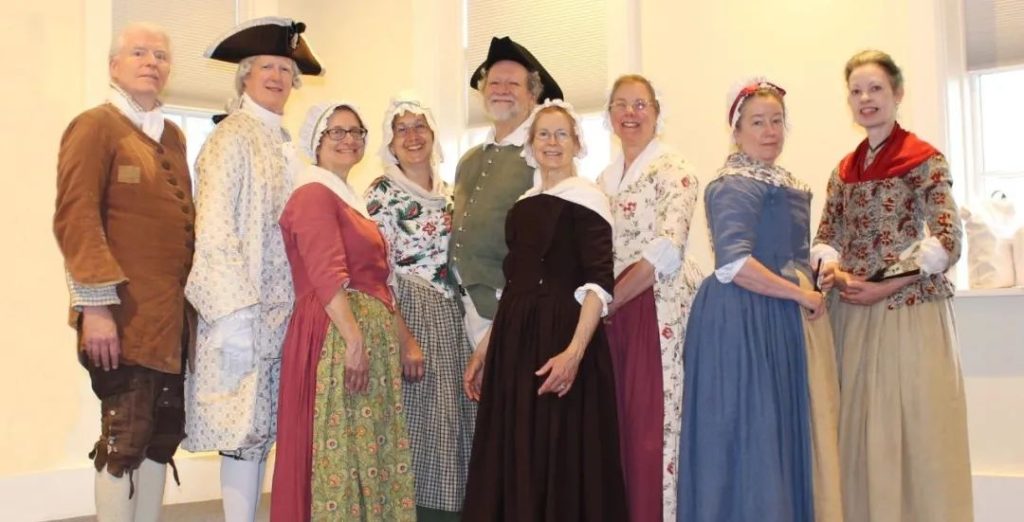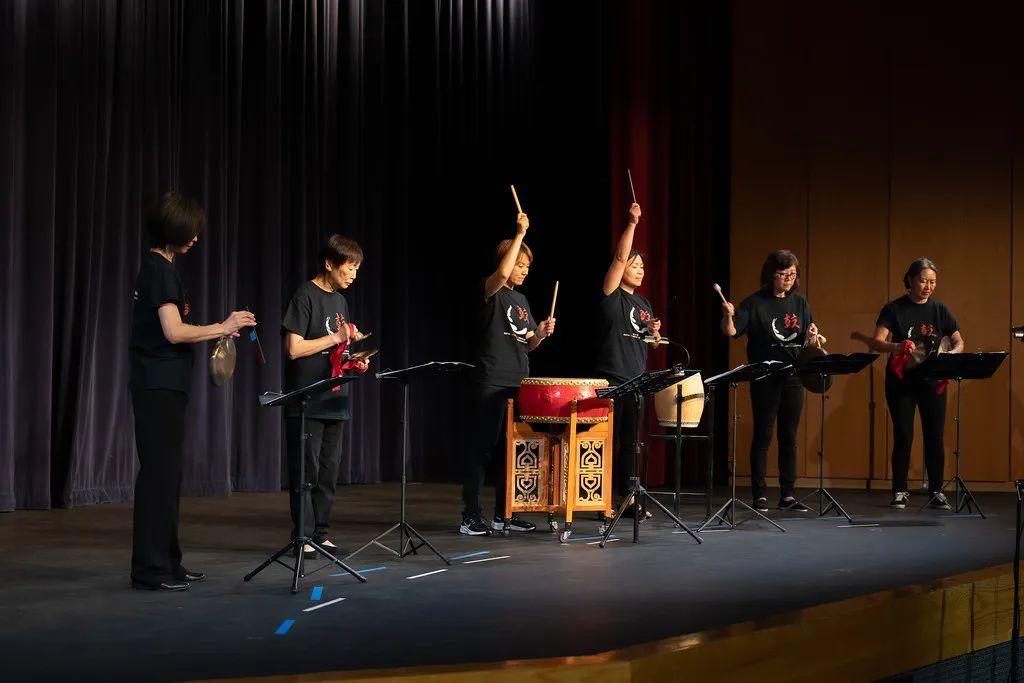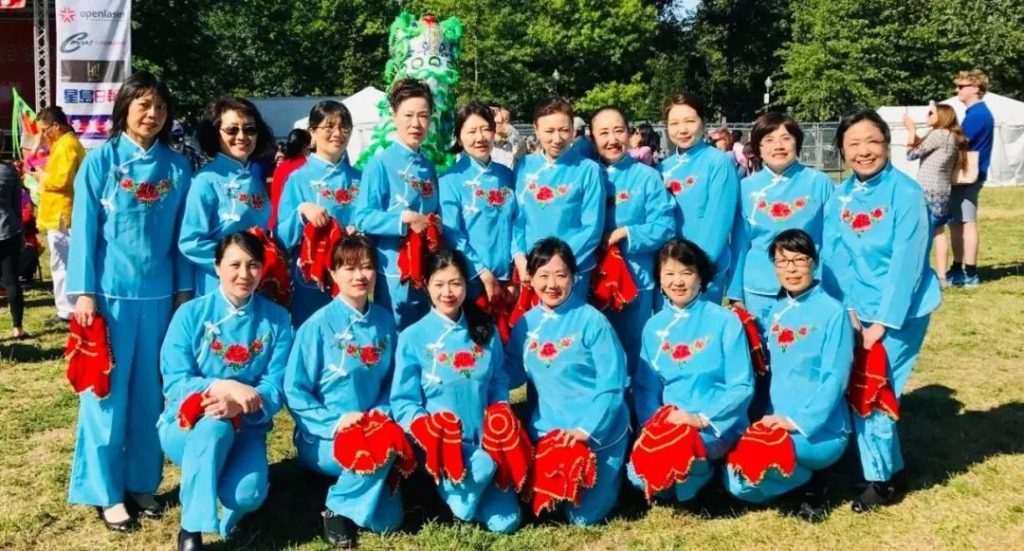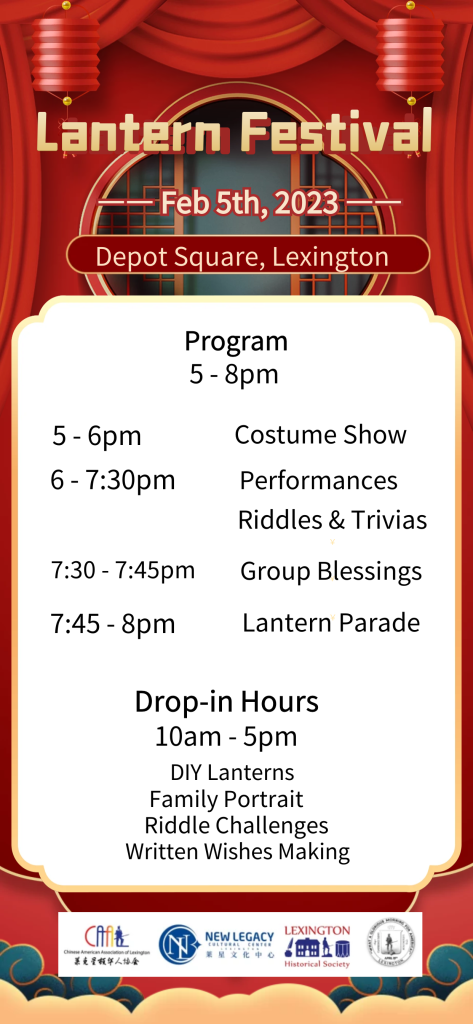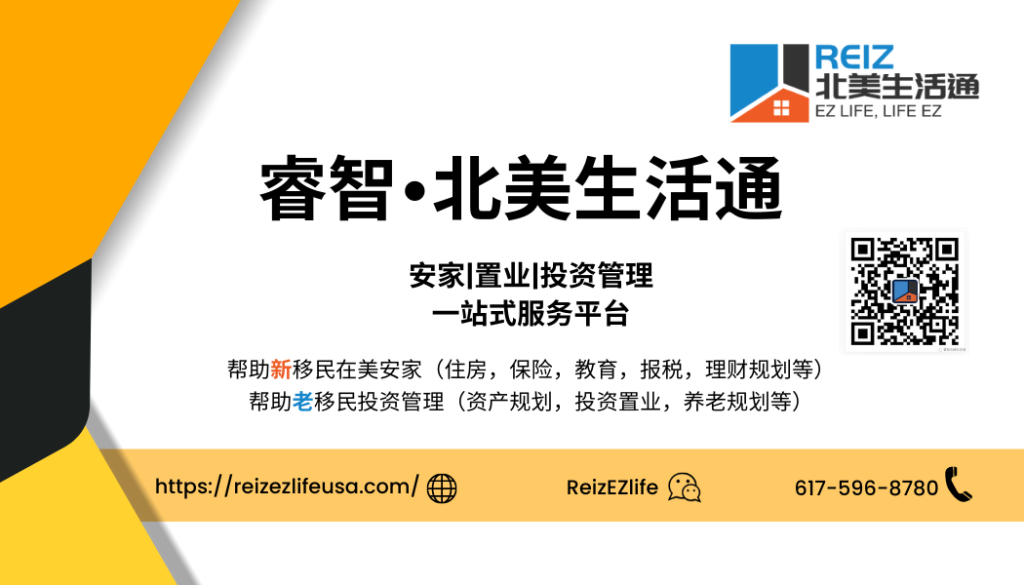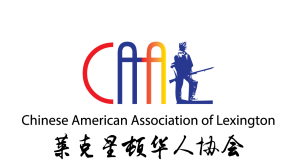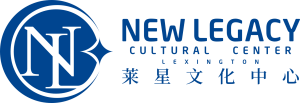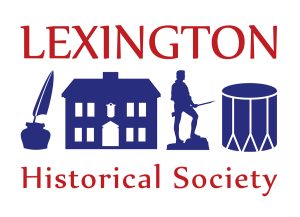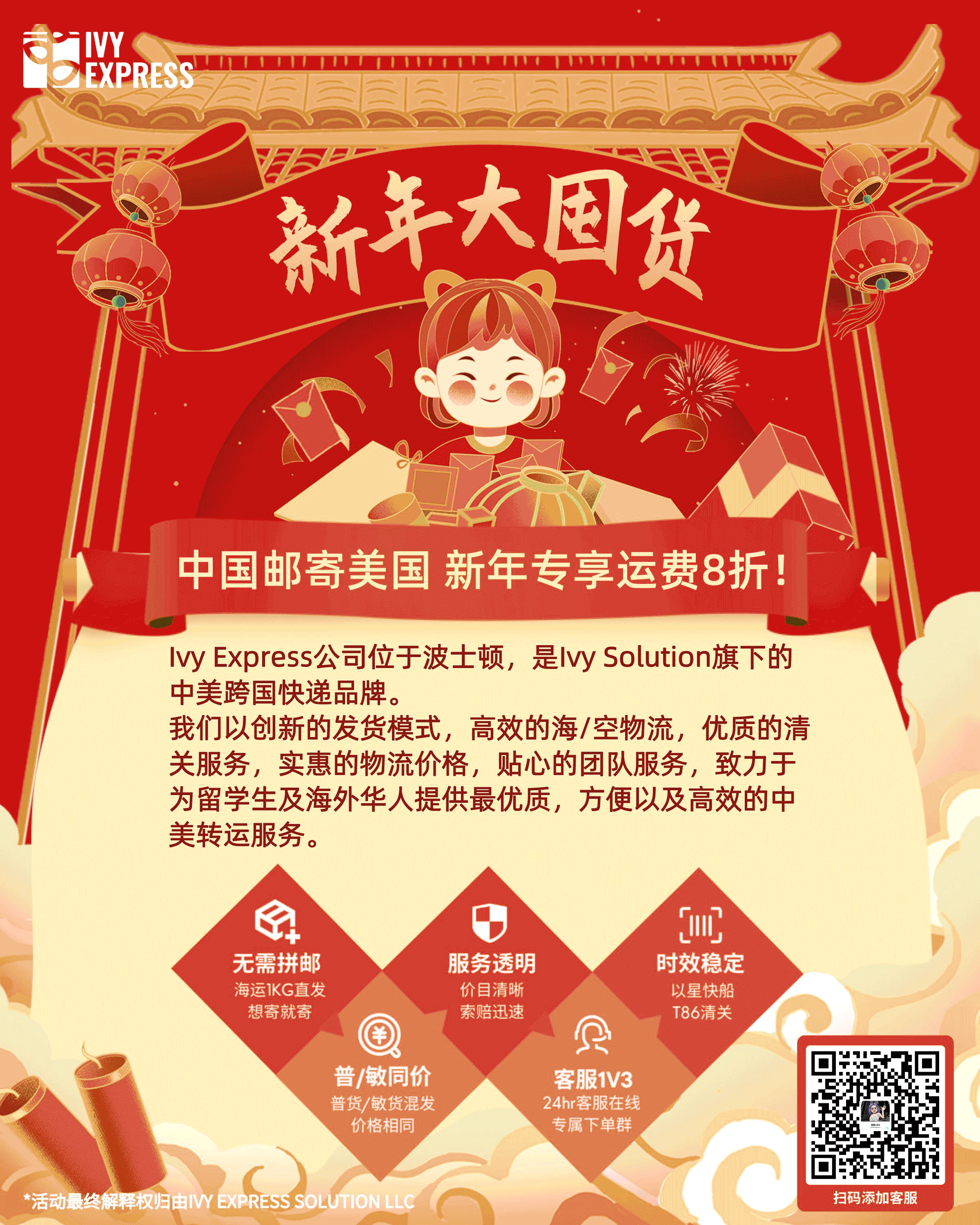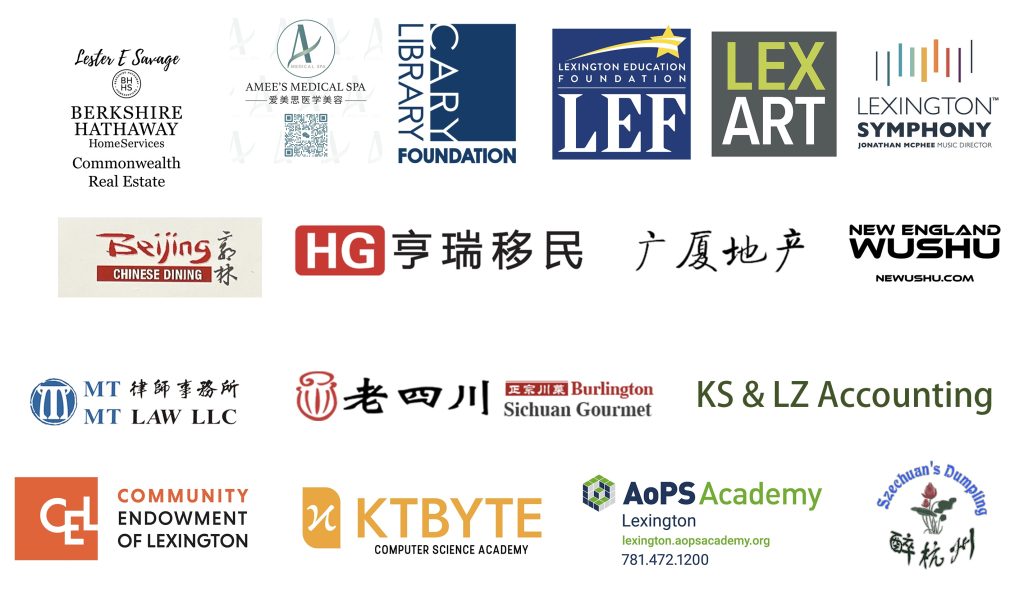DIY Lanterns

The lantern festival is on the 15th day of the first month of the lunar calender to honor ancestors. It started in the Han dynasty when people lit lanterns to honor Buddha. It then spread to other parts of Asia and got more and more popular. There are different stories about the origin of the lantern festival. One story is about the Jade Emporer being mad about a town killing his goose. He wanted to get revenge and light the town on fire. Then, there was a fairy that came and told the people to light lanterns to pretend the lantern light is fire so the emperor will just leave them alone because the light looks like fire. It worked! Nowadays during the festival, streets and houses are lit with lanterns, some with riddles on them. There are parades, fireworks, dragon and lion dances, and people eat glutinous rice balls called Tangyuan , which represents being with your family and togetherness.
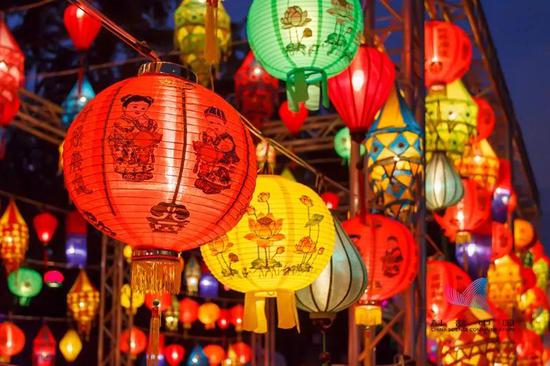
Lanterns come with different shapes and colors. The most common ones are red, oval/round, and decorated with red or golden tassels hung up for decoration. Sky lanterns are small hot air balloons made of paper, in some parts of the world people release them into the night sky with written wishes on them.
How to make a Chinese paper lantern step-by-step:
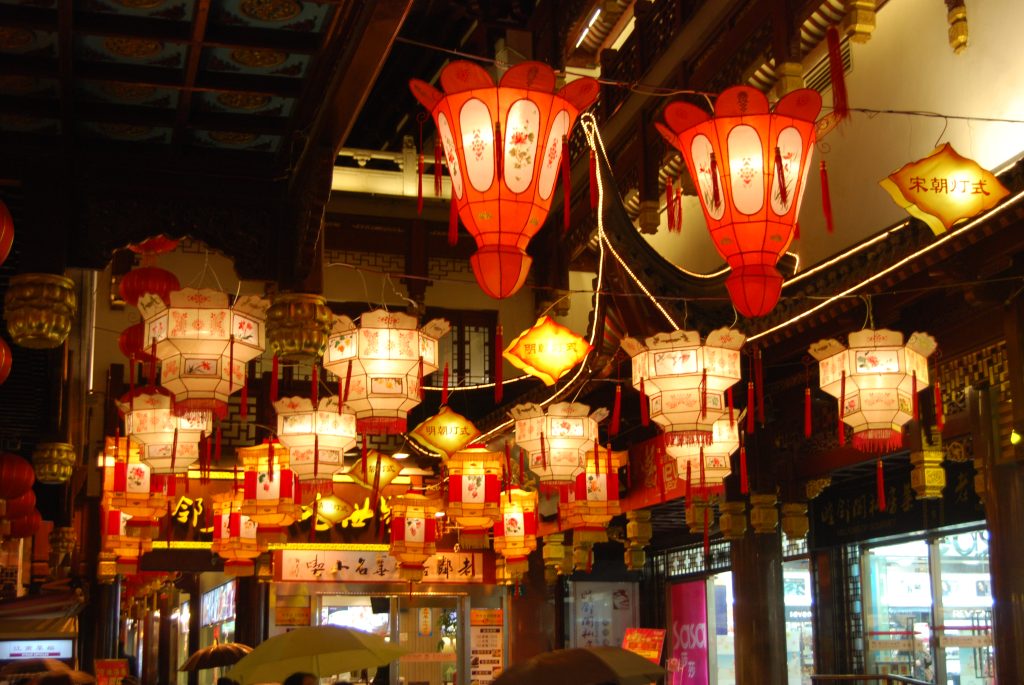
Introduction to Written Wishes (“Qifu”)
Qifu is a kind of custom culture handed down from ancient China to the present, which can also be called Asian custom culture. Japan, South Korea, North Korea, Singapore and other countries also have this custom culture. “Qifu” means to pray, to ask, to look forward to future blessings. One crucial part of “Qifu” is the character “Fu” which generally refers to the five blessings: longevity, wealth, well-being, good virtue, and seeking the end of life without hardship.
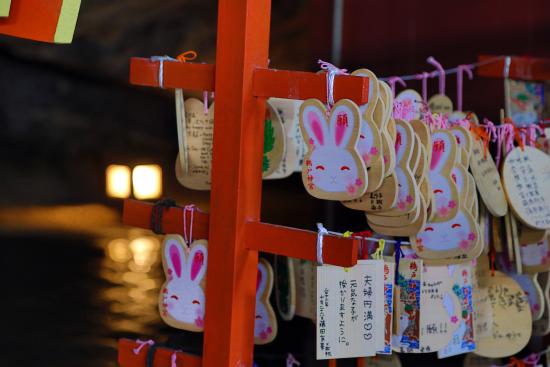
In the past, Qifu was generally performed in temples, presided over by professional priests. People carry out offerings, incense, worship, prayers, and their blessings. It is generally carried out during special events such as the Spring Festival, QingMing Festival, Mid-Autumn Festival. They usually would worship natural gods (heaven, earth, mountain, water gods), or legendary religious gods (moon, Mazu, Buddha and bodhisattva). The goals of Qifu were to seek wealth, children, freedom from disease, and happiness.
Modern Qifu has a broader and deeper meaning. First, it is not limited by time and place. As long as there is a wish to pray, it can be carried out at anytime and anywhere; Second, people will pray more for things like education, jobs, wealth, marriage, health, peace, happiness. Qifu also has arbitrary forms. You do not have to believe in God to do Qifu. You can hang banners in temples, or hang prayer signs and prayer strips on ancient trees, and express a good wish.
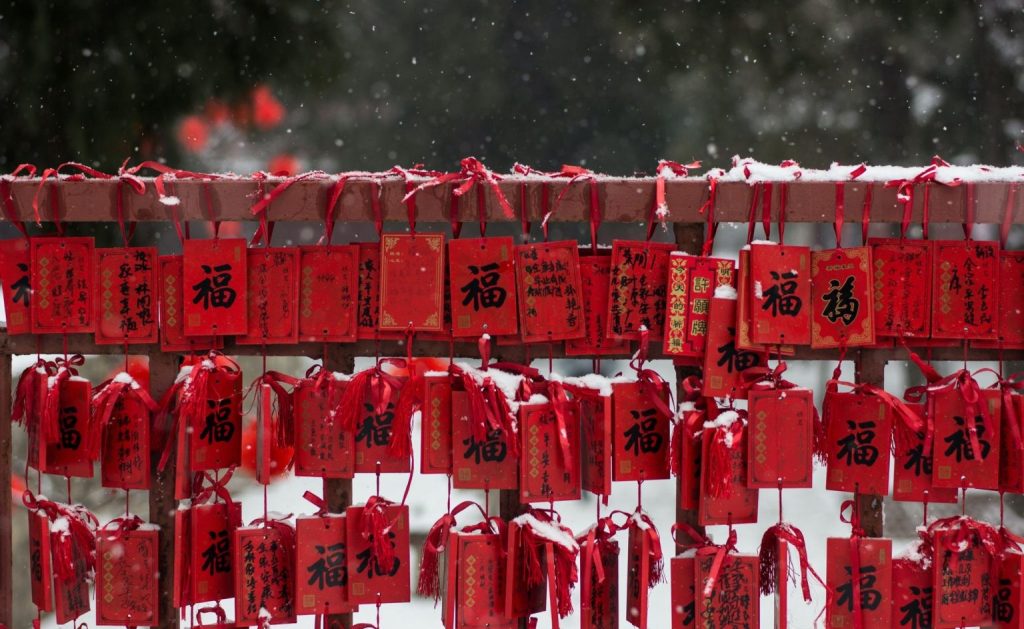
Lanterns Show and Riddle Solving
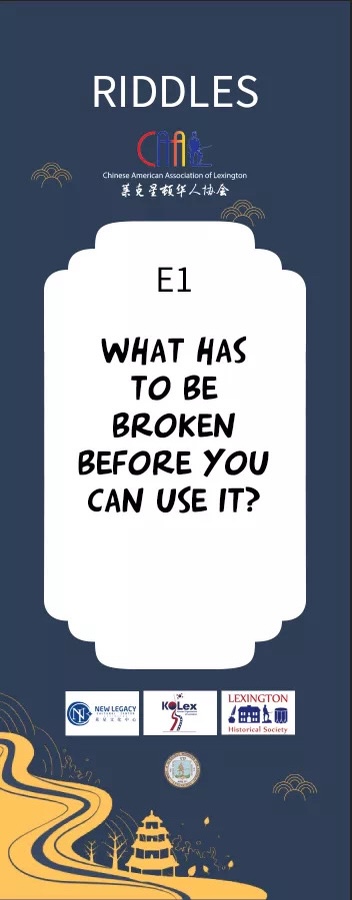
A Lantern Festival without riddles is a Lantern Festival without soul. Riddle solving is derived from “Shefu”, an ancient game of guessing existing as early as the Spring and Autumn Period and the Warring States Period. It reaches summit in Song Dynasty and Yuan Dynasties. The imperial city doesn’t fall asleep for the five nights. Poems and riddles are written on lamps, inside the lamps the candles light up , on the streets the lamps hung. Poetry, calligraphy, painting, flowers, human characters……everything can be used to form a riddle. Talented men and women compete for solving the riddles, receiving the prizes and people’s congratulations.
You are welcomed to solve the hundreds of riddles hung under the lanterns and claim the prizes at Depot’s.

Family Portraits
At the event site, we will also provide auspicious and prosperous background pictures. After watching the lanterns and guessing riddles, participants can take auspicious and festive family portraits in front of the background pictures.
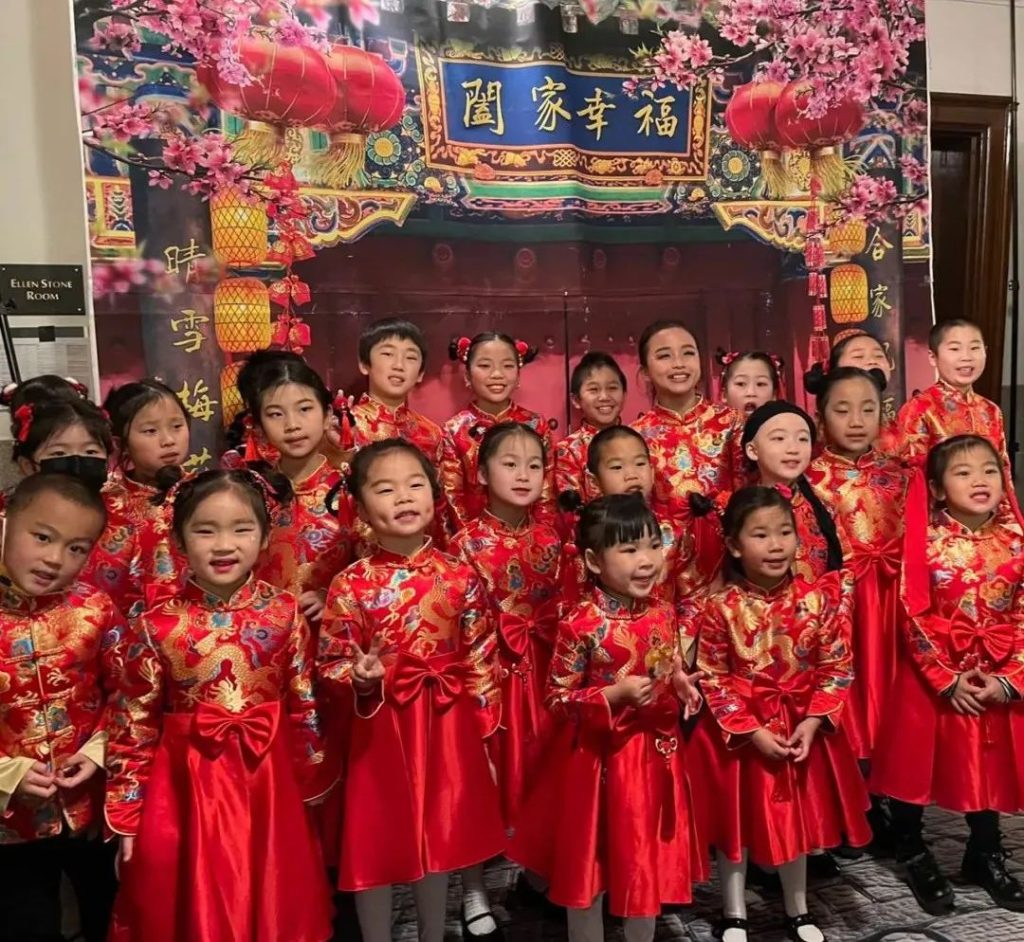
Lantern Cultural Gala
The gala will start with traditional costume shows performed by ethnic groups from China, Korea and the United States.
There are also wonderful performances presented by New Legacy Cultural Center, The Lexington Children’s Chorus, The Boston Synchrony Chinese Percussion Ensemble, The Boston Happy Dance Troupe, and amazing performer from Belmont, Lincoln, Bedford and other neighboring towns.
